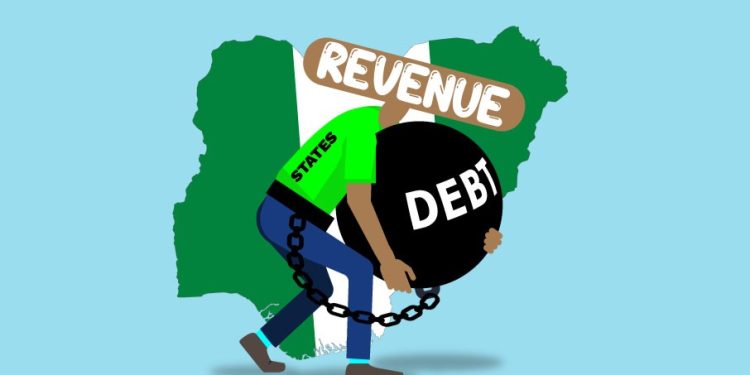Monetary and fiscal policies are far more than economic jargon — they are the twin engines that power a nation’s economic heartbeat, influencing everything from the value of money in citizens’ pockets to the opportunities that shape their daily lives. This perspective formed the central message at the 37th Finance Seminar for Business Editors and Finance Correspondents held on Wednesday in Lagos, where experts examined the critical interplay between these policies and Nigeria’s broader economic health.
Speaking at the event tagged aligning monetary and fiscal policies towards achieving a robust financial system, Professor Ken Ife, a professor of finance and chief economic Strategist Ecowas Commission offered a simple yet compelling explanation of the two concepts. Monetary policy, he noted, focuses on the management of interest rates and the supply of money within the economy, while fiscal policy deals with government spending and taxation. Yet, beyond these textbook definitions, both policies carry far-reaching implications. According to him, they influence employment levels, guide investment decisions, stabilize prices, and shape the confidence with which households and businesses plan for the future.
Professor Ife, stressed that the alignment of these policies is vital to building a resilient financial system — one that can absorb shocks, both domestic and global, protect consumer deposits, maintain market integrity, and ensure the availability of capital required for economic growth. When monetary and fiscal authorities work at cross purposes, he warned, the economy becomes vulnerable.
A key threat to financial stability, he explained, is fiscal dominance, a condition where excessive government borrowing undermines the effectiveness of monetary policy. When borrowing rises beyond sustainable levels, it pressures the central bank to accommodate government financing needs, weakening its ability to control inflation or manage liquidity. However, when government borrowing is moderate, monetary policy can maintain healthy liquidity levels, giving banks greater confidence to lend to households and businesses. This, in turn, supports private-sector expansion and fuels economic productivity.
Professor Ife also pointed to Nigeria’s long-standing dependence on imports as a major source of economic fragility. Heavy reliance on foreign goods places persistent pressure on the nation’s foreign exchange reserves, often resulting in currency depreciation and rising inflation. As the naira weakens, the cost of imported goods — from food to industrial inputs — climbs, squeezing household budgets and raising production costs for businesses. This reliance he explained discourages local manufacturing, limits job creation, and undermines efforts to diversify the economy. Frequent foreign exchange shortages, they added, also heighten uncertainty for investors, hampering long-term planning and investment decisions.
In his closing remarks, Professor Ife underscored the crucial role of the Central Bank of Nigeria (CBN) in safeguarding the soundness of nigeria’s financial system. For the bank to be effective, he said, its tools must be applied consistently and predictably to build and sustain investor confidence. He called on the CBN to focus on its core mandate — particularly price stability — noting that achieving sustained disinflation is essential for long-term economic health. High inflation, he cautioned, distorts market prices, creates negative real interest rates, discourages savings, and weakens long-term investment, ultimately slowing economic progress.
Speakers at the seminar concluded that deeper coordination between fiscal and monetary authorities is imperative to stabilizing Nigeria’s financial system, reducing pressures on foreign exchange, and paving the way for a more diversified and self-sustaining economy.















